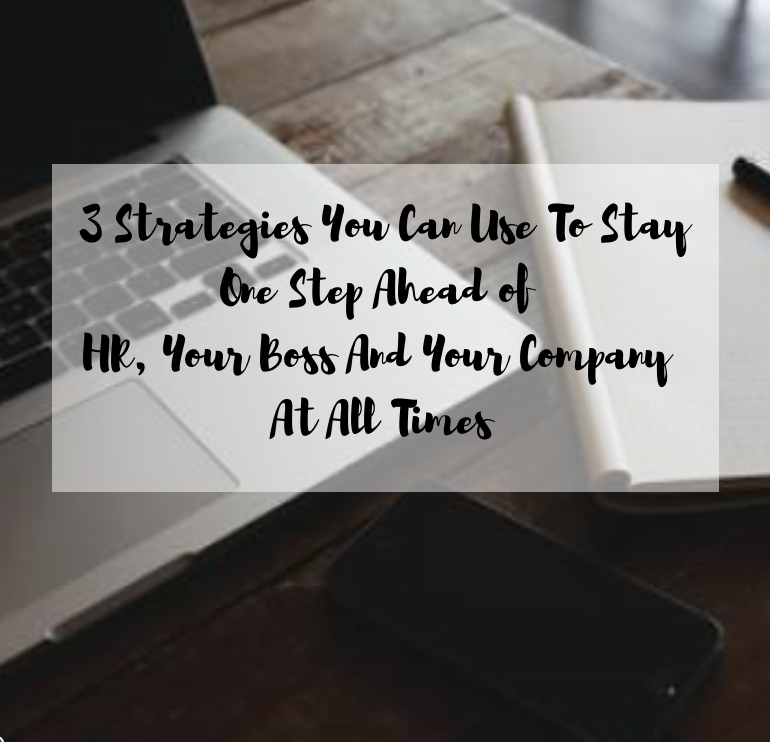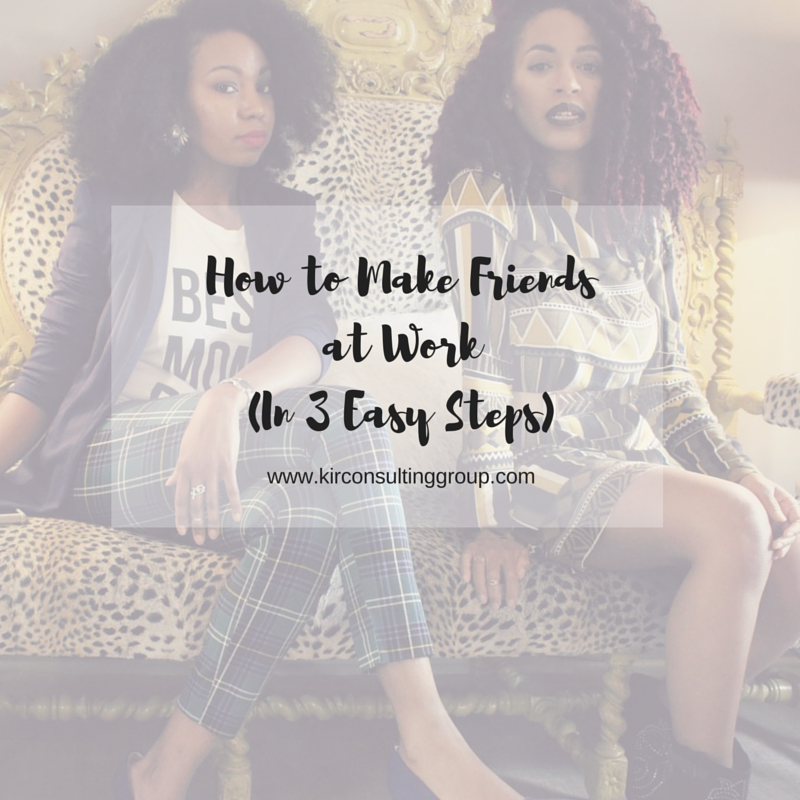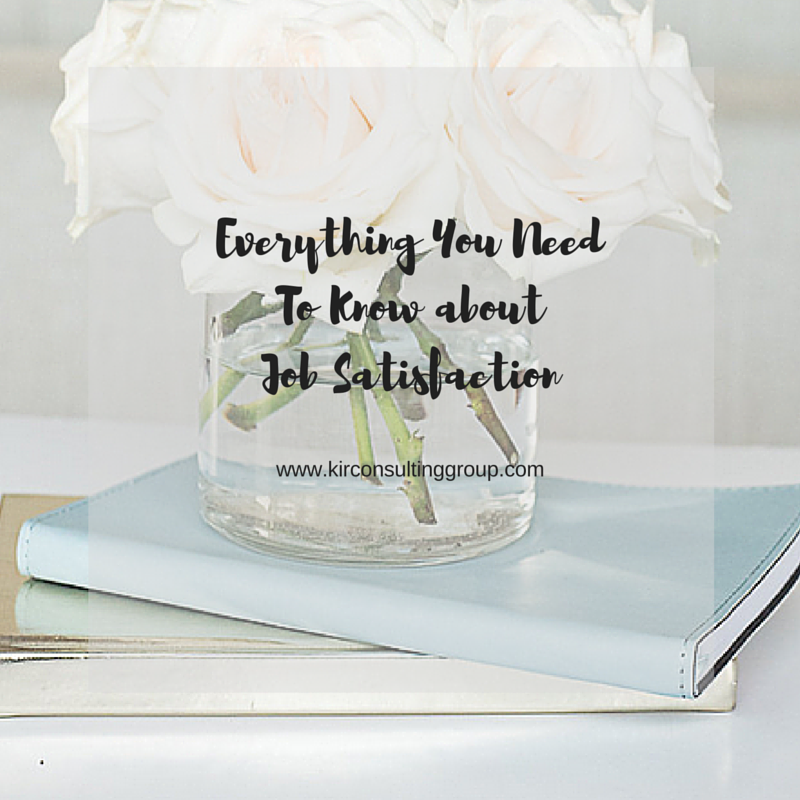 I've been in HR since 2010 and during this time I've learned a lot about how decisions are made on employees. In the past 6 years I've done the hiring and (unfortunate) firing as well as everything in between for thousands of employees.
I've had the opportunity to recruit and interview potential candidates, design and deliver training courses, create programs and initiatives and coach employees from all backgrounds on how to navigate their careers.
I've been in HR since 2010 and during this time I've learned a lot about how decisions are made on employees. In the past 6 years I've done the hiring and (unfortunate) firing as well as everything in between for thousands of employees.
I've had the opportunity to recruit and interview potential candidates, design and deliver training courses, create programs and initiatives and coach employees from all backgrounds on how to navigate their careers.
Although there are many great things that HR makes possible for the employees at a given company, the underlying secret that all HR professionals know is that - everyone is replaceable. Although we as employees tend to grow attached to our jobs, the company overall is only attached to their bottom line and sometimes this comes at the expense of their employee's jobs.
Because we are all replaceable (and this includes HR themselves - I've been laid off before), something that I teach every single one of my clients is how to remain one step ahead of HR (their boss and their company) at all times.
Check out the strategies below.
The 3 Strategies You Can Use To Stay One Step Ahead of HR, Your Boss And Your Company At All Times
Be Real With Yourself
A lot of times when it comes to our careers, we are in denial. One of the toughest parts of my job is delivering the news to an employee that s/he is being let go. Something that a lot of employees say is that they didn't see it coming. I must admit, I felt the exact same way when I myself was being laid off. I was a top performer. I was getting paid a lot of money. I'd given so many years to the company. So what do you mean my position has been eliminated?
The mistake I made back then (and what a lot of people make) is believing the hype. My eyes used to glaze over with pride when my boss would tell me how well I was doing at the company. Listen, no matter how amazing you are, YOU ARE REPLACEABLE. The sooner you acknowledge this fact, the better off you'll be. It's hard to plan for your next move, if you think your current situation will never come to an end.
Make Friends With HR (And Your Boss)
And no, I don't mean in a fake and sleazy sort of way. But, you should definitely make it your business to have a link to the inside. Of course, as HR professionals and managers, we can't give you the heads up that your job is being eliminated or give you the details of an ongoing investigation you or your coworker is involved in, but as you begin to get to know HR and your boss a little better, you'll start to realize when trouble is on the horizon and make your own preparations accordingly.
I am work friends with a lot of my clients. And although I never give them any specifics, I'm always there as a resource to help coach them through developing their careers and helping them to make the best decisions for their own professional growth. Having a mentor/coach at work that is actually part of the decision making process is one of the smartest career moves you can make and in fact it's how I was able to transfer into HR in the first place.
Always Have Your Ducks In A Row
This is the most important strategy of all. You should be prepared at all times. Ever heard of the saying "You've got to stay ready so you never have to get ready"? This is so true. You should always have an up to date resume, be networking all the time, taking training courses and have an idea of what you want your next career move to be.
It took me a very long time to find a new gig after I was laid off.The first 5 months were spent on the couch feeling sorry for myself and being unsure of what I wanted to do next. Don't let this be you. It wasn't until I put a real career strategy together that I was able to land an amazing job in less than 30 days. Planning and preparation is key.
The moral of this story isn't for you to be scared each day when you go into work, but actually the exact opposite. You should feel empowered and less anxious after you start using these strategies. Knowing that you're prepared for whatever comes your way allows you to feel more confident in yourself and your abilities.






 There are so many things about having to work that can be irritating. Whether it's working for a boss you can't stand or having an extra long commute, even those who are lucky enough to have
There are so many things about having to work that can be irritating. Whether it's working for a boss you can't stand or having an extra long commute, even those who are lucky enough to have  The relationship between you and your boss is an important one. Your boss is responsible for making decisions on the direction and enjoyability of your career and can ultimately make or break your experience at work.
The relationship between you and your boss is an important one. Your boss is responsible for making decisions on the direction and enjoyability of your career and can ultimately make or break your experience at work. Last week
Last week  Some of the things I really like about myself are that 1) I don't get paralyzed by overthinking; 2) I am OK with taking a good amount of risk (on anything that doesn't involve being around animals or large bodies of water) and 3) I'm willing to try something that may seem "out of the box" just so I can have a life story to tell.
Sometimes these characteristics work in my favor and sometimes they don't. Such is life. I'm pretty sure that people who do overthink, take no risks and don't go out of their box every once in a while, experience the same ups and downs in life that I do. At least I'm having fun along the way.
Some of the things I really like about myself are that 1) I don't get paralyzed by overthinking; 2) I am OK with taking a good amount of risk (on anything that doesn't involve being around animals or large bodies of water) and 3) I'm willing to try something that may seem "out of the box" just so I can have a life story to tell.
Sometimes these characteristics work in my favor and sometimes they don't. Such is life. I'm pretty sure that people who do overthink, take no risks and don't go out of their box every once in a while, experience the same ups and downs in life that I do. At least I'm having fun along the way.